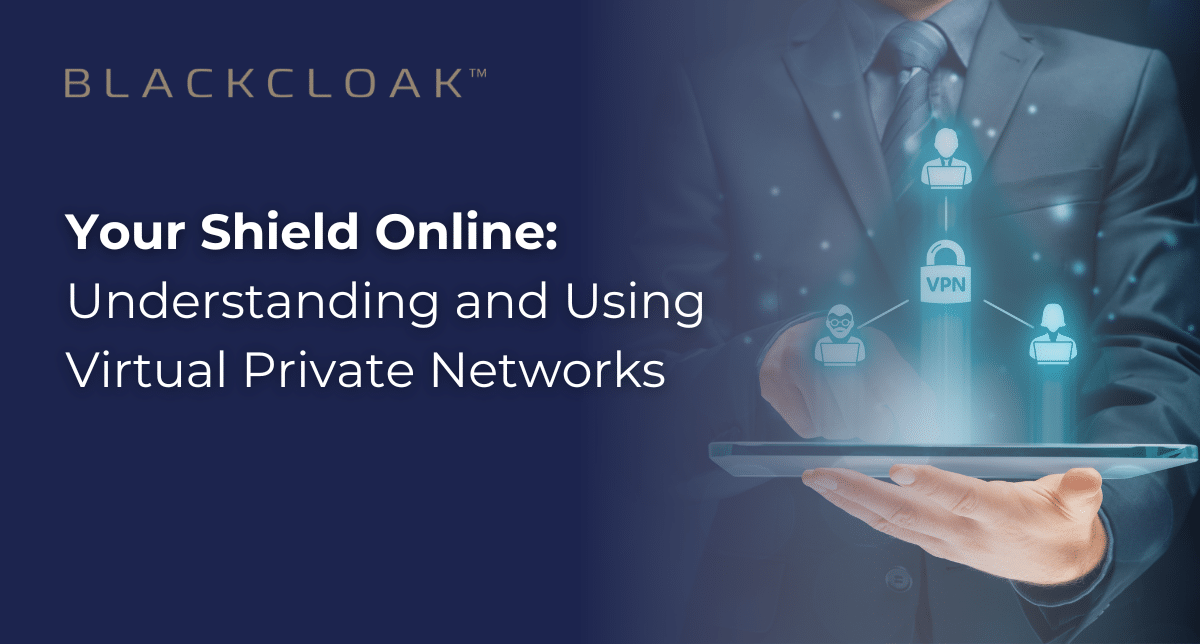Your Shield Online: Understanding and Using Virtual Private Networks

The internet, as fascinating as it is, can often feel like a constant tug-of-war between convenience and privacy. As we navigate the digital landscape, numerous entities—ranging from legitimate businesses to malicious actors—are keenly interested in tracking our online activities. This data not only presents substantial business value but can also be exploited for harmful purposes.
To navigate this digital conundrum and safeguard our online privacy, a powerful tool comes into play – the Virtual Private Network or VPN.
Understanding VPNs
A Virtual Private Network, or VPN, is essentially a secure tunnel between your device and the internet. It provides a layer of privacy and anonymity by masking your IP address and routing your internet traffic through a server located elsewhere.
What sets VPNs apart is their use of encryption. This cryptographic tool scrambles your data into an unreadable format as it travels through the VPN tunnel, making it more challenging for third parties to track or intercept your activities.
When and How to Use a VPN
Using a VPN is particularly crucial when you’re connected to an untrusted network, such as a public WiFi network at an airport or hotel. These networks are notorious breeding grounds for cyber threats, making them unsafe for any form of sensitive activities like online banking or accessing personal email.
However, it’s essential to remember that using a VPN can impact your browsing experience. Encryption and routing data through a remote server can slow down your connection.
When you’re at home or on a trusted network, the need for a VPN diminishes significantly. Your home network is generally safer, and your internet service provider likely offers a degree of security.
It’s also worth noting that some websites and apps may not work as expected when you’re using a VPN, due to mechanisms like geo-restrictions or VPN detection technologies.
If you’re out and about and can’t connect to a trusted network, an alternative option is to use your cellular provider’s network. While not as secure as a trusted WiFi network, it’s generally safer than public WiFi and doesn’t require a VPN for basic tasks.
Bottom Line
Understanding when and how to use a VPN is a significant step towards securing your online privacy. Just remember – like any tool, a VPN isn’t a silver bullet that guarantees complete anonymity or security. Instead, it’s a crucial layer in your multi-layered defense strategy.
At BlackCloak, we are committed to equipping you with the tools and knowledge needed to navigate the digital landscape safely. Stay vigilant, make informed choices, and continue to explore the digital world with confidence and peace of mind.








